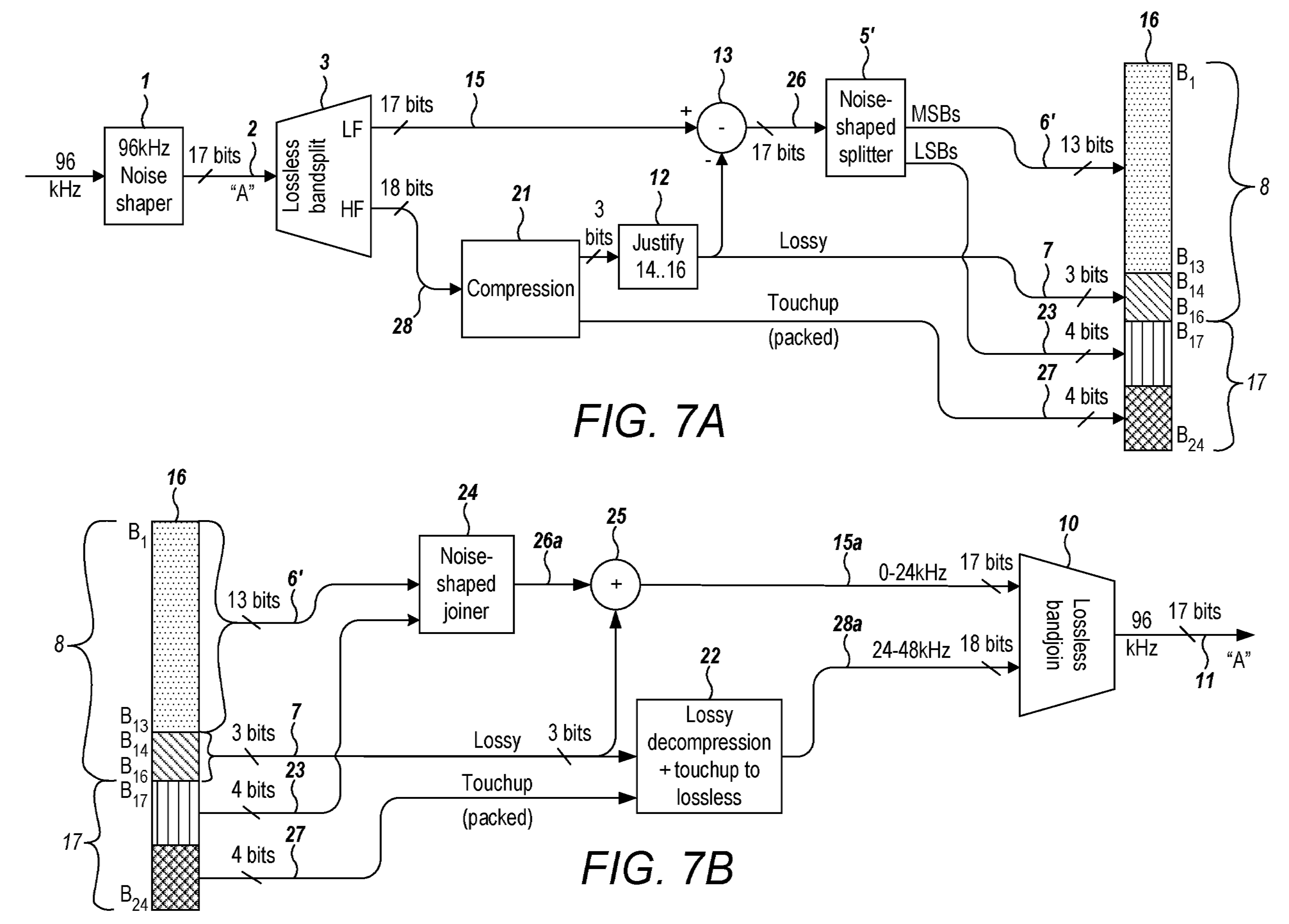Hi,davidf said:I fully agree. But, we are at a point where there seem to be numerous masters around for any given album, and albums are being "remastered" by making them louder via compression, along with increased higher frequencies. If all is true about MQA, I'd rather trust MQA. Certainly my comparison of The Doors' L.A. Woman album came out in favour of the MQA version with regards to hearing things I couldn't quite make out on the 24/96 remaster. Plus, most of the rockier (noisier) albums seem to be better baalnced, being able to hear everything more equally, rather than only hearing the dominating aspects of the music. There's been a few albums where I've heard stuff I've never heard before. More of this please, regardless of how we get it!shadders said:Not sure that is acceptable. A lossy file derived from a master, just because you may receive an upsampled/resampled version from a dodgy vendor. Why should the recording industry need MQA to ensure that a file is derived from a master. They already control the DVDA or DSD production, so just make sure that is right. Why require an external company to provide provenance?
Unless there is another reason we are not aware of at the moment.
Regards,
Shadders.
Yes, on another forum, it was stated that a DVDA version of the album used only the 16bits of the CD album. So the other 8bits were empty, and you therefore had a reduced dynamic range.
If MQA forces other vendors to ensure that they provide the relevant high quality, then great.
The record companies should be ashamed in allowing bad mixes to be sold as something that they are not. I suppose MQA does provide another revenue stream for them.
Regards,
Shadders.


